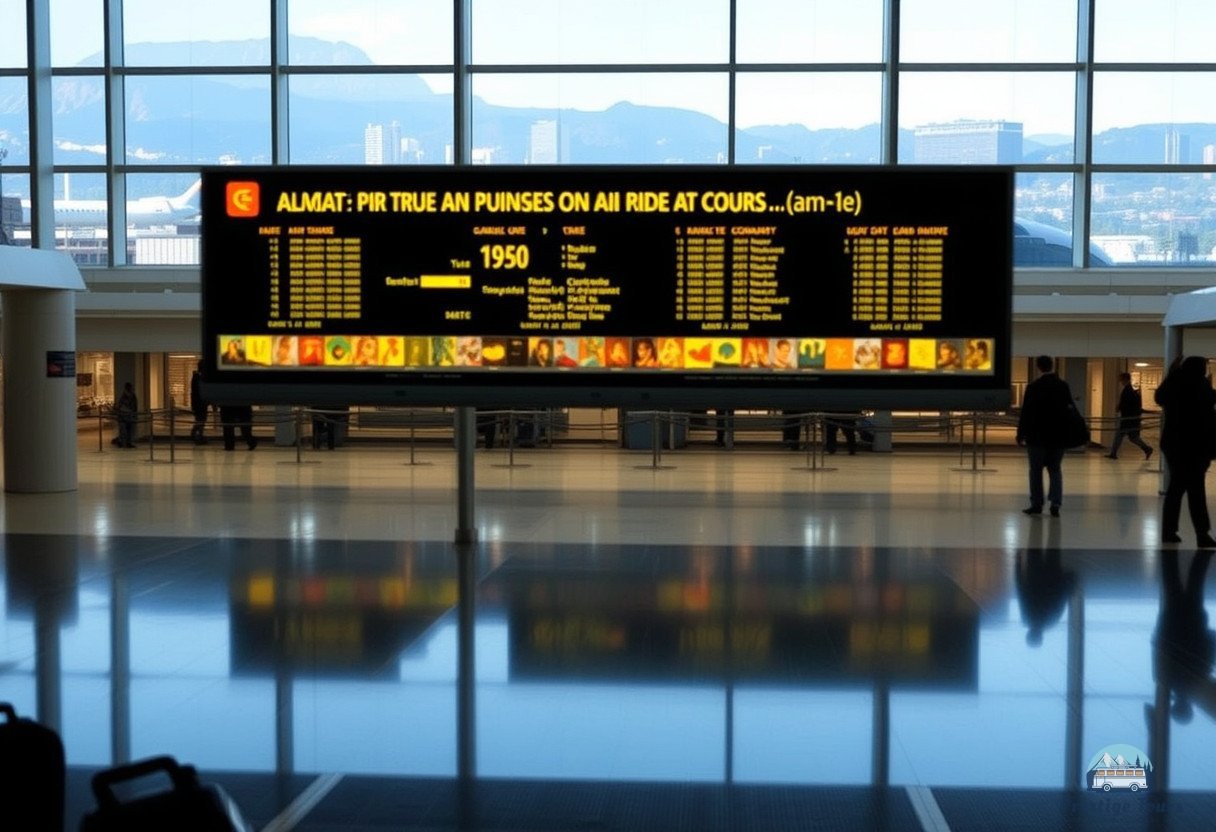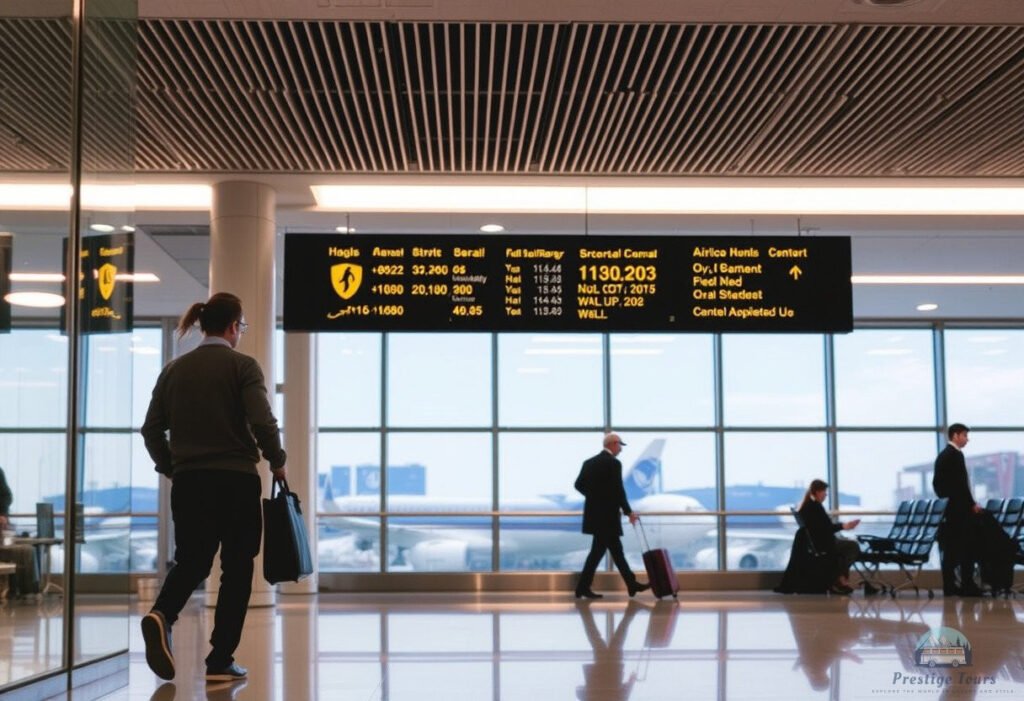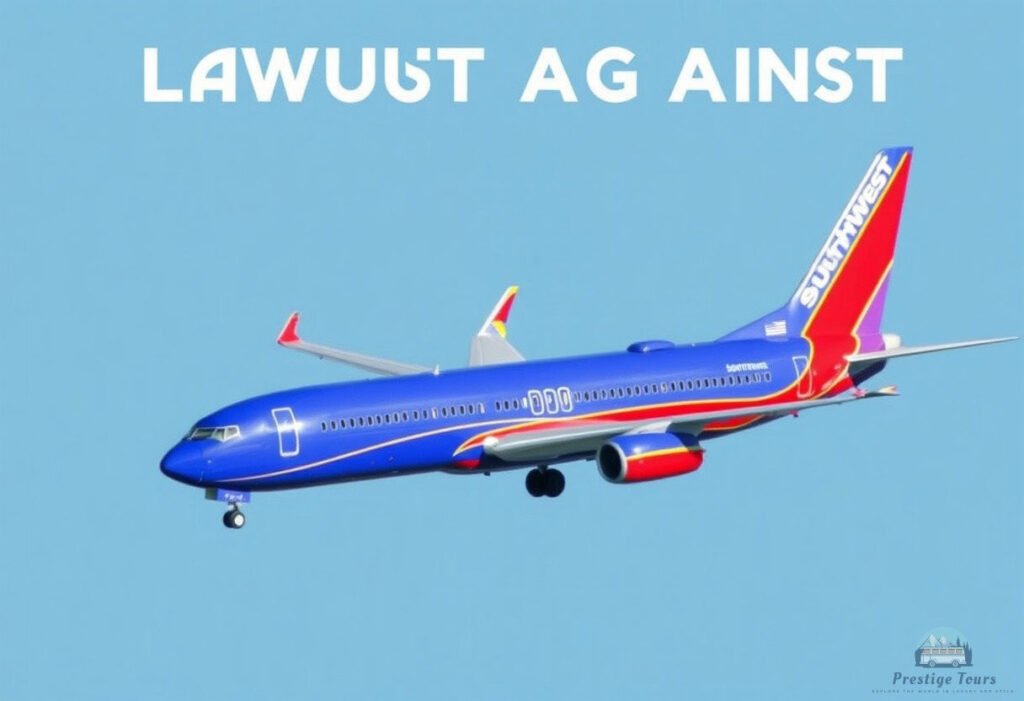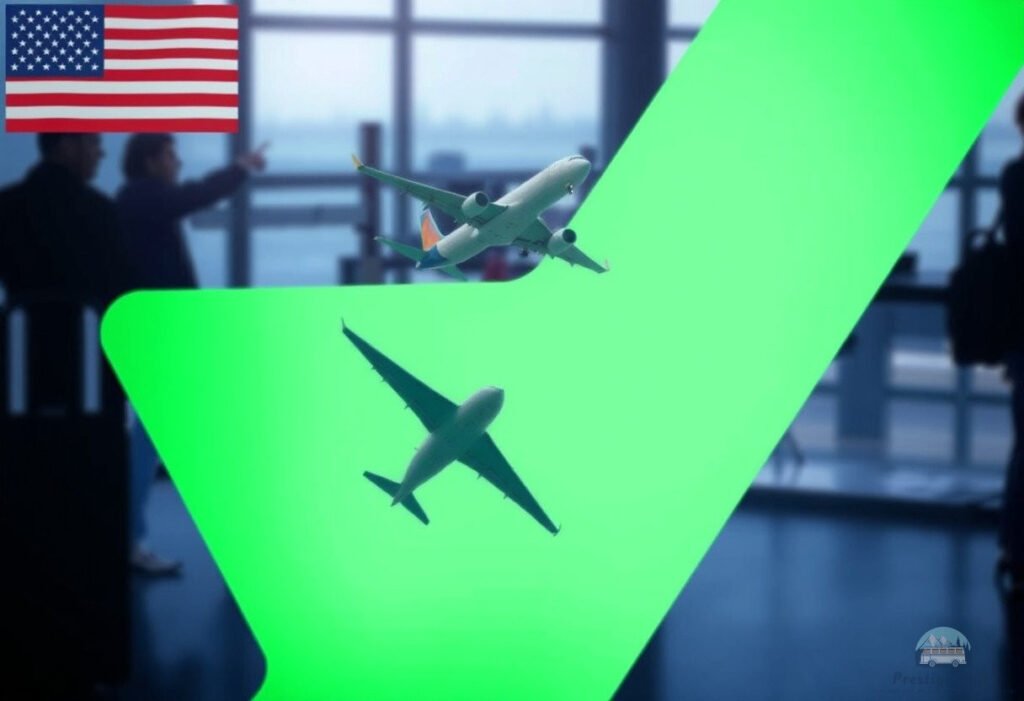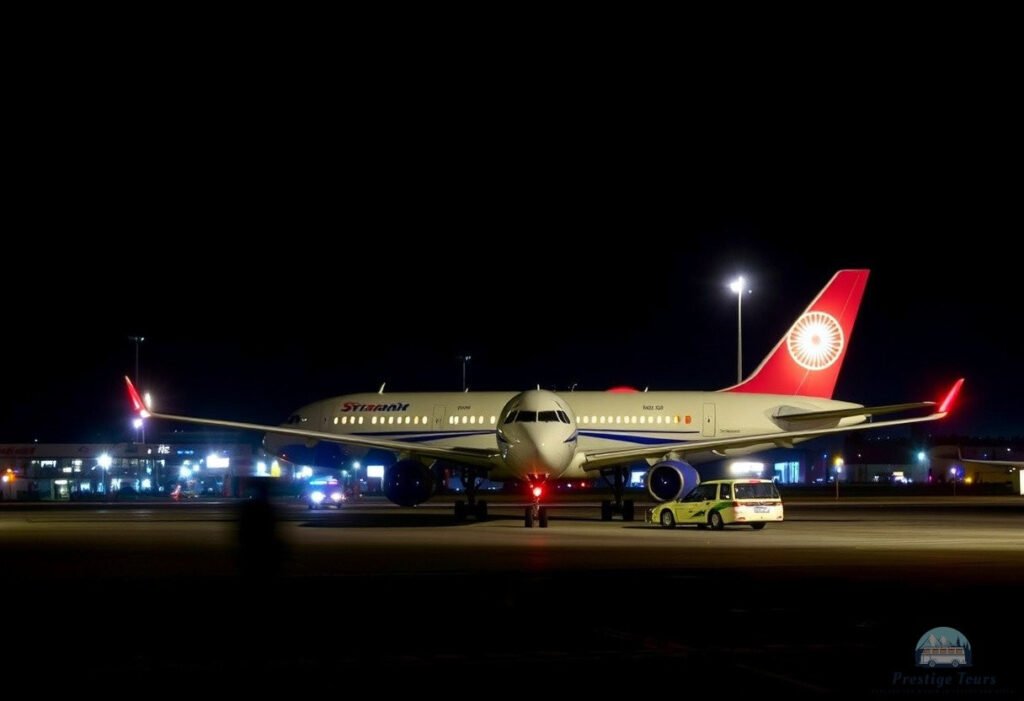Airline Fee Blocking: Court of Appeal Ruling
The recent Court of Appeal decision on the Airline Charge Block has caused widespread controversy among both consumers and airlines. The impact of the decision goes beyond simple regulation and covers key aspects of price transparency and air passenger protection.
Reasons and consequences of the decision
An appeals court has decided to block a new regulation targeting so-called “junk fees” from airlines that have hurt passengers’ financial interests. In 2023, the U.S. government proposed new rules aimed at simplifying fare structures and reducing hidden fees, some of which include:
- Site selection fees;
- Baggage fees;
- Flight date change fees;
- Hidden fees only shown at the end of the booking process.
The bill was expected to help ease high air travel prices and boost consumer confidence. But blocking the rule opens the door to continued practices that undermine understanding of true costs.
How does it affect consumers?
Passengers who encounter unexpected fees often find themselves in a situation where the final price of a ticket is significantly higher than the original price. In 2022, a study found that 70% of American travelers encountered unexpected fees when booking airline tickets.
According to the Airline Association, the total amount of revenue from “garbage charges” in 2022 was more than 30 billion US dollarsThis highlights the importance of protecting passengers' rights.

Airlines and regulators react
Following the decision block, airlines have resumed their practices of collecting additional funds. Representatives of the airline industry argue that these charges are necessary to ensure profitability in a difficult economic environment. They point to the need to take into account various costs:
- Increase in fuel prices;
- Inflation;
- Fixed costs of aircraft maintenance.
On the other hand, regulators and consumer advocates stress that transparency in pricing should be a priority to prevent passenger dissatisfaction.
The Future of Airline Fee Regulation
The next step in this process may involve filing an appeal to the Supreme Court. It is important to understand that the Court of Appeal's decision to block airline fees could lead to lengthy legal battles before final measures are set.
Moreover, this situation may prompt authorities to consider alternative regulatory strategies that would be more effective in ensuring consumer rights and transparency.
For more information on current passenger registration and protection initiatives, please visit the U.S. Department of Transportation website.
Stay tuned for news in this area, because new data and changes will continue to arrive as the situation develops.
